Earlier this week, Microsoft released the Edge Dev 110 browser. The change log makes it clear that Microsoft Edge 110 will be the first version to drop support for Win 7, 8, and 8.1. Now, Microsoft has officially announced through a blog post that it will end support for the Edge browser on versions prior to Win 10 (Consumer, Enterprise, and Server SKUs). Microsoft Edge and WebView2 Runtime (Evergreen and Fixed) version 109 is the last version to support Windows 7, 8 and 8.1. Also, WebView2 SDK version 1.0.1519.0 and above now requires Win 10 or 11.
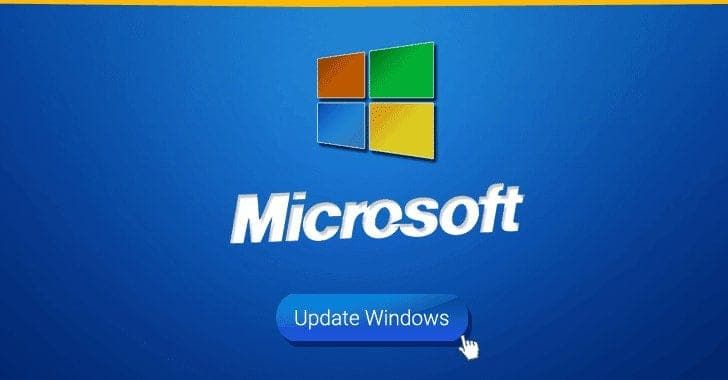
Microsoft will release Edge and WebView2 Runtime version 109 in the second week of January next year. Users who do not want to ditch Win 7, 8, and 8.1 can keep on using the browser and Runtime, Microsoft said. However, these products will not receive new features, security updates, and bug fixes. This end of support applies to older consumer Win versions. It also includes Win Server 2008 R2, Win Server 2012, and Win Server 2012 R2. While Microsoft drops support for the Edge browser, it will continue to support Internet Explorer 11. There is no specific date for the company to ditch these systems.
At the moment, Microsoft is trying to convince developers to drop support for Win 7 and 8/8.1. Making such a decision may not be easy. However, it is very relevant to ensure users remain safe and continue to receive security updates, new features, and bug fixes. Google is already urging users to update their PCs to the latest version of Windows. Once this happens, the developers will easily follow suit.
Authenticator will stop supporting Apple Watch
Microsoft Authenticator is a secure password authenticator that helps users easily log in to all accounts without the need for a password or an autofill. More account management options are also available for Microsoft personal, work, or school accounts. The latest report on Microsoft Authenticator is that the next version of Authenticator will not support Apple Watch. It will also not include the watch OS version. The company is using a pop-up window to remind users of this new change. Thus, if you have an Apple Watch and you use Authenticator, you should have gotten the message via the pop-up window.
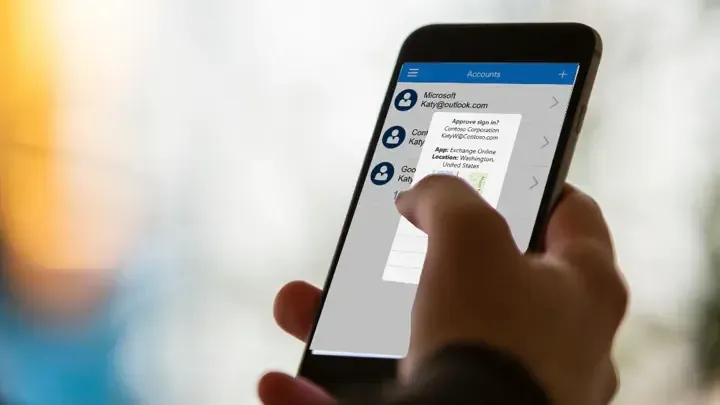
Users of this app need to delete Authenticator from Apple Watch as soon as possible. This change only affects the Apple Watch. This means that users can still use Authenticator on other devices.
In a related Q&A, Microsoft said that the coming version of Authenticator for iOS is due in January 2023. However, there is no companion app for the watch OS because the watch OS is not compatible with Authenticator security features. This means that users cannot install or use the app on Apple Watch. Therefore, the company recommends that users remove the app from Apple Watch. This change only affects the Apple Watch, so users will still be able to use the app on other devices.
When using this Microsoft app to verify, it can help you log in to your account. Two-factor verification helps make accounts more secure because passwords can be forgotten, stolen, or compromised. Two-factor authentication uses the same second factor as your phone. This makes it very hard for others to access your account. The app can be used in several ways:
There is a dual verification standard method where one factor is a password. After logging in with your username and password, you can approve the notification or enter the verification code provided
- Log in with phone: A version of two-factor authentication that allows login using a username and mobile device as well as fingerprint, face or PIN without a password.
- Code generation: As a code generator for any other account that supports authenticator apps.
- Authenticator works with any account that uses two-factor authentication and supports time-based TOTP-compliant(one) passwords.
Microsoft buys Lumenisity
Earlier today, Microsoft in a blog post talked about its recent purchase of Lumenisity. However, the company did not reveal the details of the deal. It also did not mention the price. The company is a UK-based start-up company that develops "hollow-core fiber" (HCF) tech for data centers and Internet service providers.
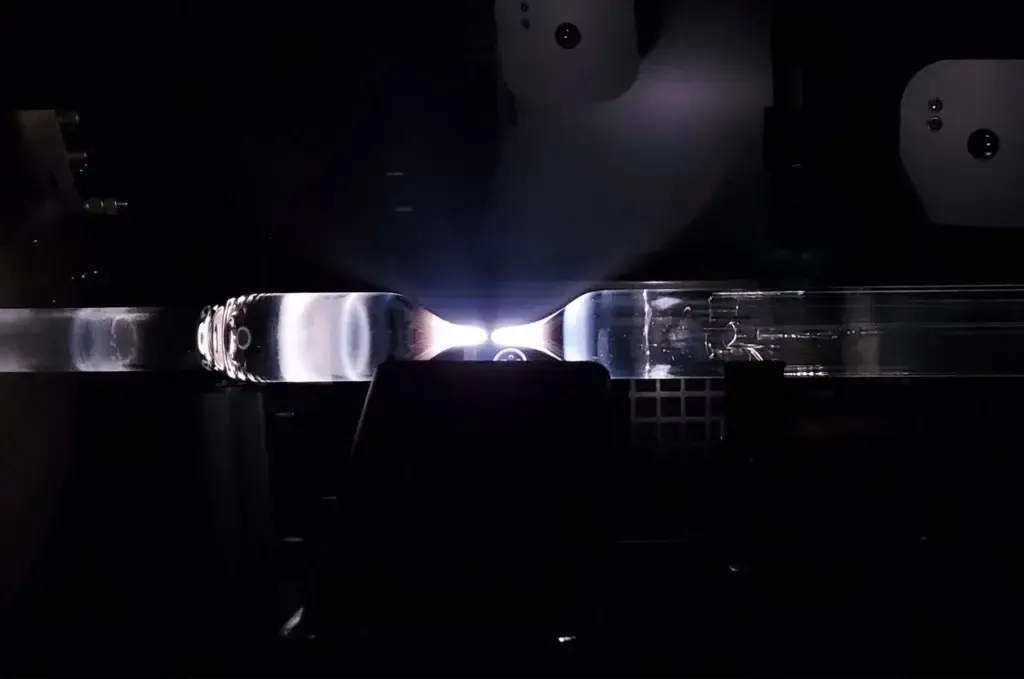
Microsoft claims that with this deal, it can expand the capacity of its global cloud infrastructure. The company also claims that this deal will help it to reduce the latency of its cloud platform. Also, it will boost its customer service. Thus, Microsoft has a lot to gain from this deal. This is why it had to buy out the company.
HCF cables have been around for quite some time. This cable and tech date back to the 90s and it combines optical fiber and coaxial cables. However, Lumenisity uses a patented proprietary tech to wrap an air-filled central channel with a glass tube. The technical principle is that light travels faster in air than glass. In April this year, the company did a test with Comcast this year. From the test result, the speed of its HCF cable can reach 10Gbps to 400Gbps.
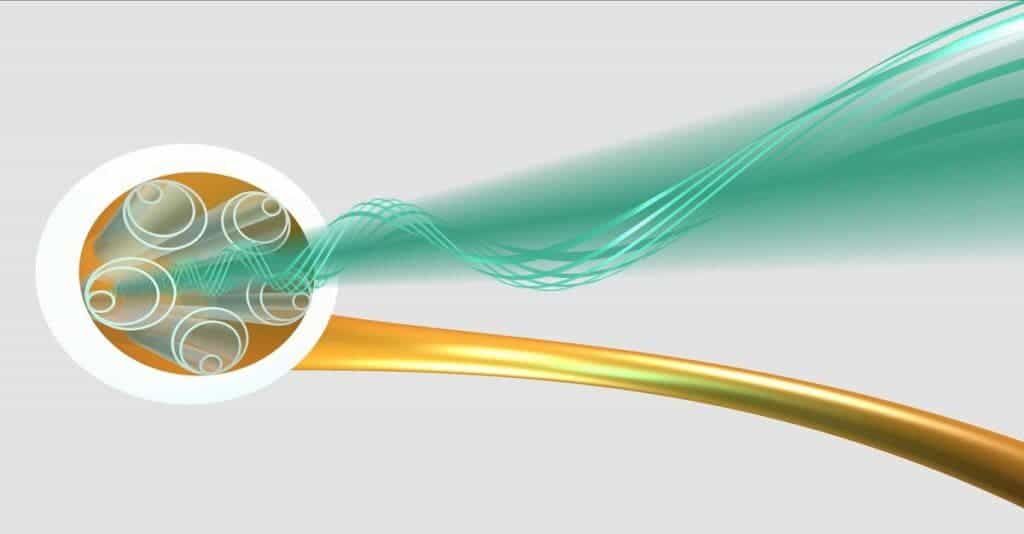
In a blog post, Girish Bablani, VP of Azure Core Business at Microsoft, wrote:
"HCF can benefit a wide variety of industries, including healthcare, financial services, manufacturing, retail, and government. For the public sector, HCF provides better security and intrusion detection to federal and local governments around the world. In healthcare, since HCF can carry the size and volume of large datasets, it can help speed up the retrieval of medical images, facilitating providers' ability to ingest, store and share medical imaging data in the cloud. And with the rise of the digital economy, HCF can help foreign financial institutions seek fast and secure deals across a wide area".
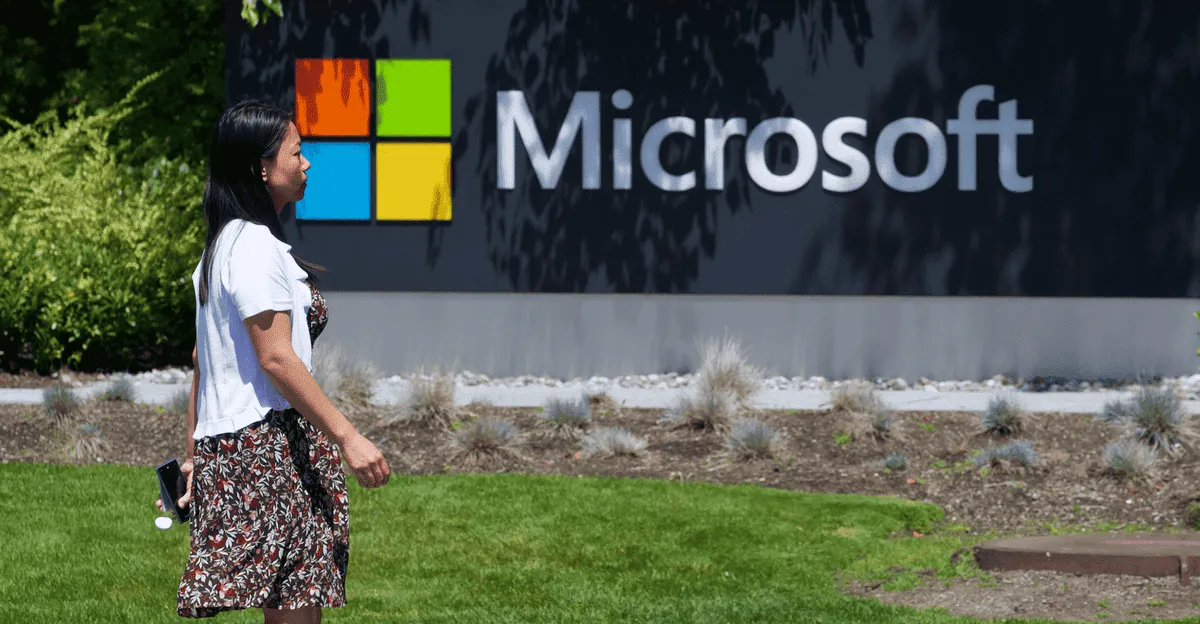





Place comments
0 Comments
You are currently seeing only the comments you are notified about, if you want to see all comments from this post, click the button below.
Show all comments